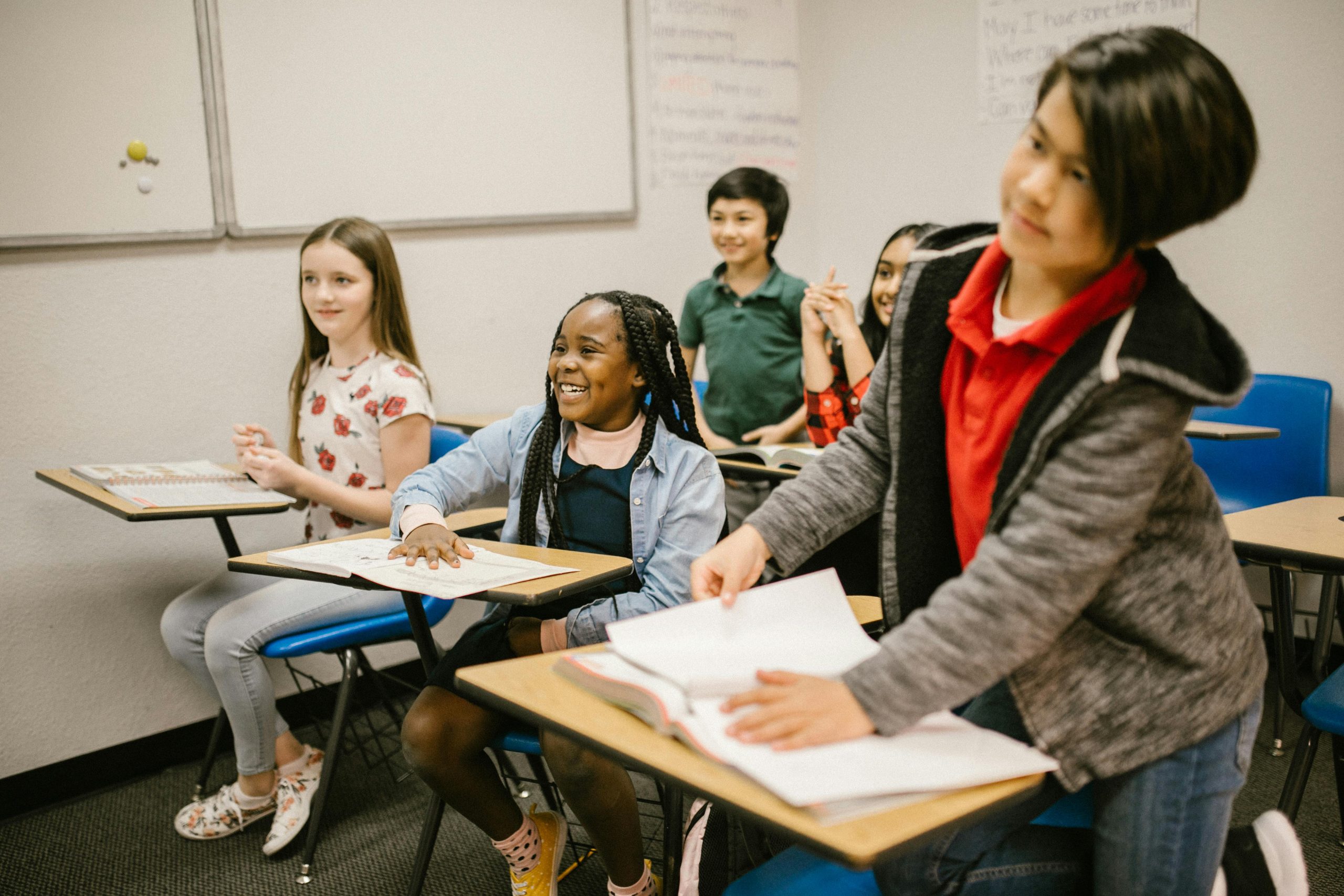Balancing Ethics and Accessibility in Public Education: Which Path Best Serves Families and Society?
Navigating the complexities of public education often raises difficult questions about fairness, resources, and moral responsibilities. For families facing the challenge of securing appropriate educational services for their children, particularly when standard classroom settings fall short, one critical dilemma is whether to advocate within the public system or seek alternative options at personal expense.
From a philosophical standpoint, educators and policymakers might ponder: Is it more ethical for families to work collaboratively with public schools to ensure every child receives a Free and Appropriate Public Education (FAPE)? Or does it become justifiable—perhaps even necessary—to allocate personal funds for additional resources, treatments, or specialized educational support?
Understanding the Perspective of Public Educators
For those working directly within the public education system, this question can evoke a spectrum of opinions. On one hand, critics argue that redirecting public funds to specific individual needs might inadvertently diminish resources available for other students, raising concerns about equity and fairness. If families resort to legal action—such as filing lawsuits to guarantee their child’s rights—it’s perceived by some as potentially diverting limited resources from broader educational needs.
Conversely, proponents of parental advocacy emphasize that utilizing available legal avenues or financial resources to support a child’s unique needs can lead to positive systemic outcomes. When families prioritize securing tailored services, it can catalyze improvements within the district, benefitting not only their own children but also fostering a more inclusive and adaptive educational environment for all students.
When Public Education May Not Suffice
Fundamentally, public education has long been a cornerstone of societal values, promoting equal access to learning for all children. Still, it’s crucial to recognize that not every child’s needs can be met equally within mainstream classrooms—particularly when certain conditions, like developmental or health-related challenges, present significant barriers.
In such cases, parents may find that pressing for additional support through legal channels or choosing private alternatives becomes necessary to ensure their child’s well-being and development. This raises important ethical considerations: Should families prioritize the ideal of equitable access through enhanced public services, or focus on providing their child with individualized resources—even if it requires extra personal investment?
Prioritizing the Child’s Well-Being
Above all other considerations, the child’s best interests should be central. Children are individuals with unique needs and potential—not merely representations of ideological ideals. For families dealing with complex conditions, such as suspected developmental challenges, public systems might not always be sufficient or practical.
As
